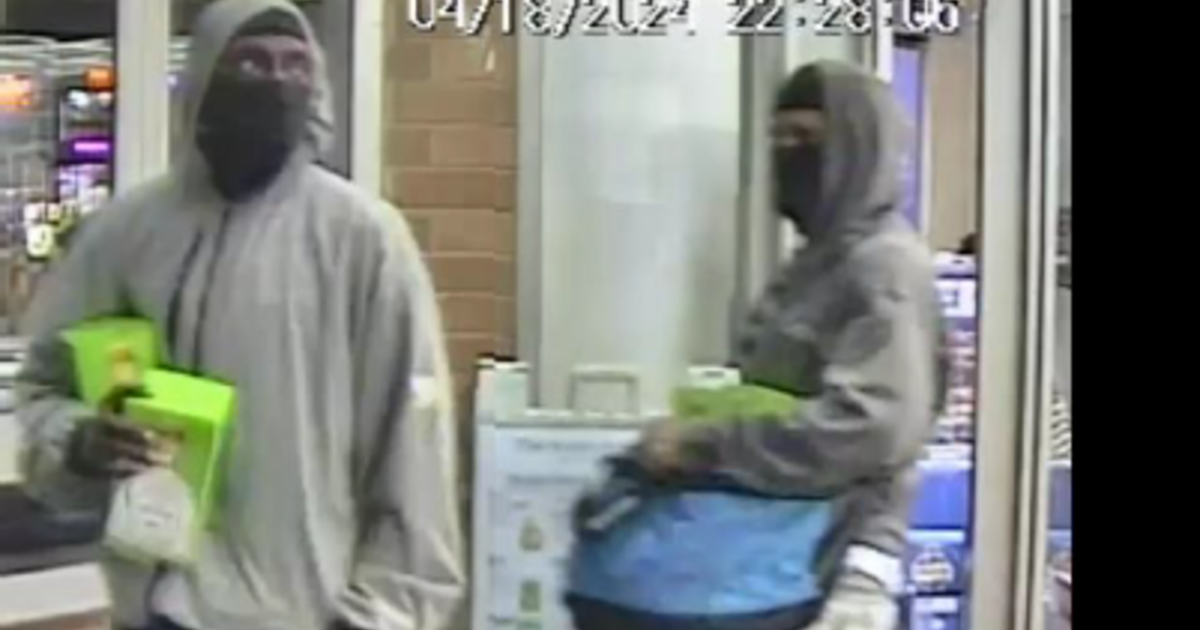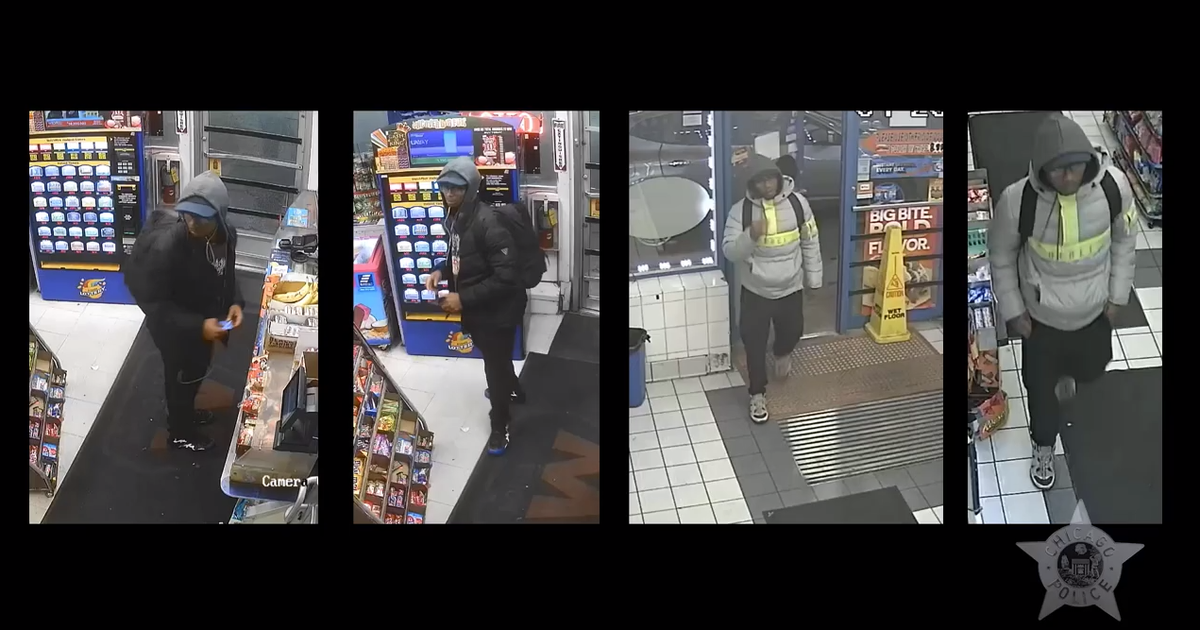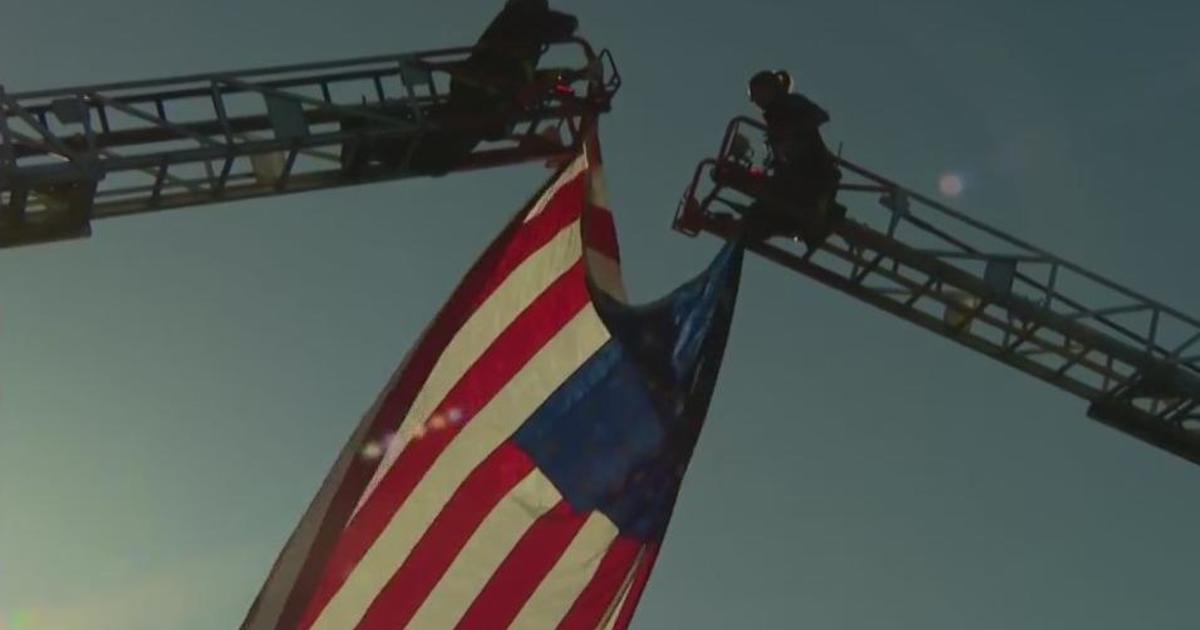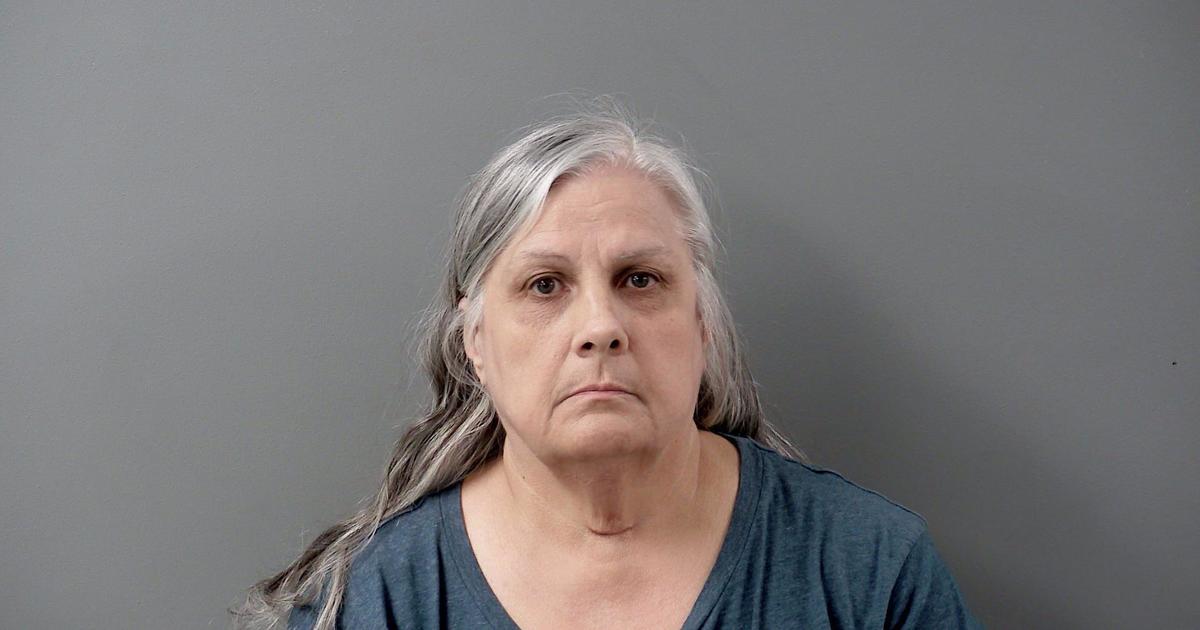Federal Judge Won't Sanction Anjanette Young's Attorney For Releasing Body Camera Video
By Samah Assad, Dave Savini, Michele Youngerman
A federal judge won't sanction Anjanette Young's attorney, Keenan Saulter, who violated a protective order by releasing body camera video connected to the botched police raid on her home.
In December, CBS 2 aired the video that revealed the moments Chicago Police officers burst into Young's home – the wrong home – and handcuffed her while she was naked. The video was critical in showing how officers treated Young and how she told them they were in the wrong place more than 43 times.
In a motion filed in federal court, the city not only tried to block CBS 2 from airing the story but also asked a judge to sanction Saulter, for violating a previous confidentiality protective order that was in place with the city as part of Young's federal lawsuit.
[scribd id=492618681 key=key-iUn9SoRz782Uu1qE4zee mode=scroll]
Amid fallout and backlash for how city officials handled the case, Mayor Lori Lightfoot personally wrote to federal Judge John Tharp Jr. on Jan. 15 asking he drop the city's initial request for sanctions again Saulter.
That same day, Saulter wrote in a filing he had a "good-faith belief" that releasing the video wouldn't violate the order and the city had since dropped its ask for sanctions. He argued the city should not have denied Freedom of Information Act requests for the video filed by Young and CBS 2 in the first place. He also argued the protective order was ambiguous.
In his ruling filed Friday, Tharp rejected the ambiguity argument but concluded that, although Saulter violated the order, "disciplinary action is unnecessary in the light of Mr. Saulter's acknowledgement of his responsibility for the unauthorized disclosure at issue, the existence of a good faith basis to conclude that the subject materials were improperly designated as confidential by the City of Chicago, and the City's position that no sanction should be imposed on Mr. Saulter."
Tharp noted Saulter is in good standing with the Illinois Attorney Registration & Disciplinary Commission (ARDC), has never been disciplined and "forthrightly admitted" that he was responsible for disclosing the videos.
Tharp also agreed "there was a good faith basis" for Saulter's belief that the city's denial of Young's FOIA request for the video was "unlawful."
While Tharp said "this does not excuse" Saulter's violation of the order, "it does suggest that the error was not the product of an intent to willfully disregard the Order but rather an error in judgement."
Tharp also said the city's ask for the sanctions to be dropped "carries significant weight" in his decision to not sanction Saulter.
"Nevertheless, several factors convince the Court that its discretion is best exercised by not imposing sanctions on Mr. Saulter for this violation," Tharp wrote.
Saulter withdrew Young's lawsuit in federal court last year with plans to re-file in state court.
"I'm very pleased with Judge Tharp's decision to take no action against me relating to the release of the 14 body worn camera videos that the City of Chicago tendered to Ms. Young during discovery in her case," Saulter said in a statement. "We look forward to returning our complete focus back to proceeding with Ms. Young's case in the Circuit Court of Cook County and with our continued push for reforms in the City of Chicago."
The city's attempts to stop CBS 2 from airing the story, keep the police body camera video hidden and its initial request for sanctions against Saulter left Lightfoot's office in a state of damage control for weeks.
In the aftermath, Lightfoot initially claimed in a news conference she wasn't aware of the video and the city did not deny Young's FOIA. CBS 2 challenged Lightfoot on that issue, having seen Young's request.
As a result, Lightfoot publicly apologized to Young. The city's top attorney, Mark Flessner, and two other law department employees resigned.
CBS 2's reporting – and the national condemnation of the raid as a result – also pressured Lightfoot to release hundreds of emails between her staff from the last two years. The emails revealed what CBS 2 previously reported – Lightfoot was aware of the raid and disturbing video. But instead of addressing the raid itself, the emails from 2019 show how her staff and police attempted to block the release of the video and focused on minimizing the negative press.
Last week, Chicago's Office of the Inspector General announced it was investigating city officials, including Lightfoot's office, for "possible misconduct" connected to the raid on Young's home and the aftermath.
The wrong raid is one of dozens CBS 2 uncovered as part of its years-long investigation. It's also not the first bad raid where the city refused to release body camera video.
The police department has agreed to some reforms as a result of an ongoing Inspector General investigation, prompted by CBS 2's reporting. This includes tracking wrong raids like the one on Young's home and improving CPD's search warrant policy to require an independent police investigation of tips from confidential informants.
In all the wrong raids CBS 2 uncovered, including the one on Young's home, officers failed to do basic police checks on bad tips given by informants.



